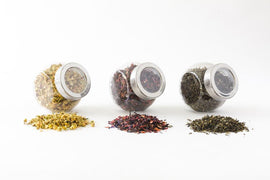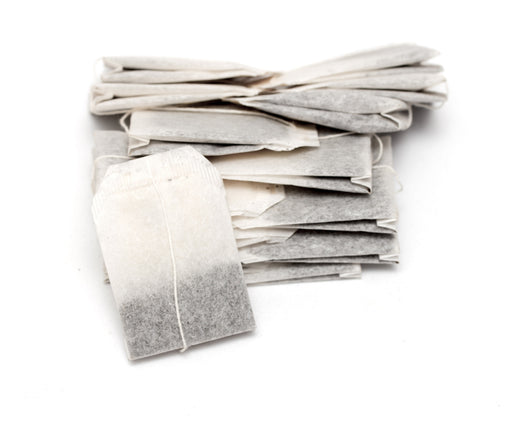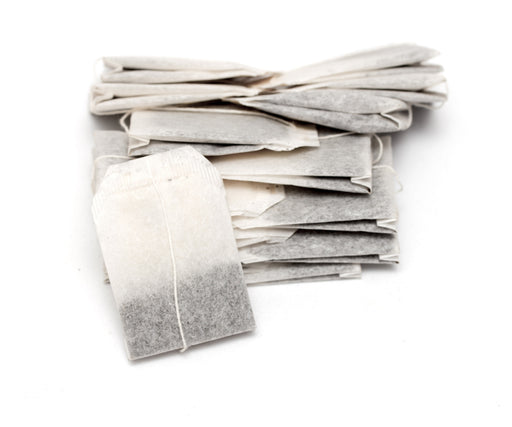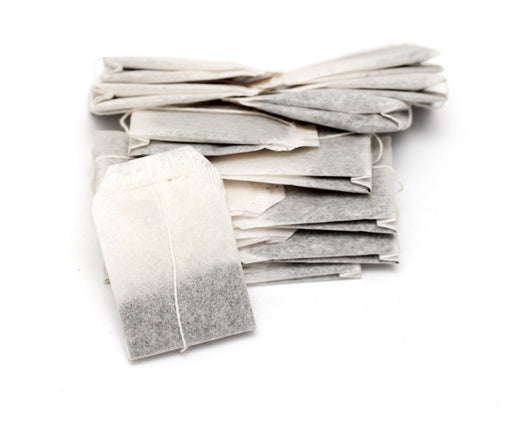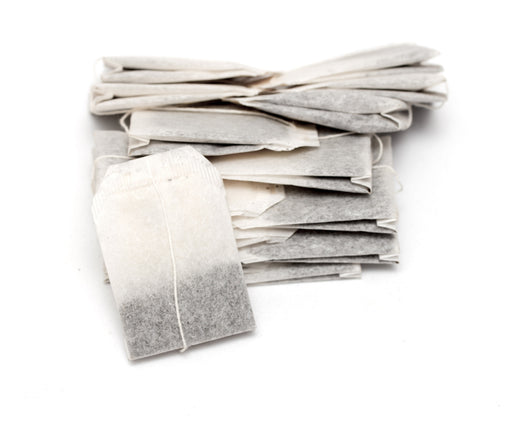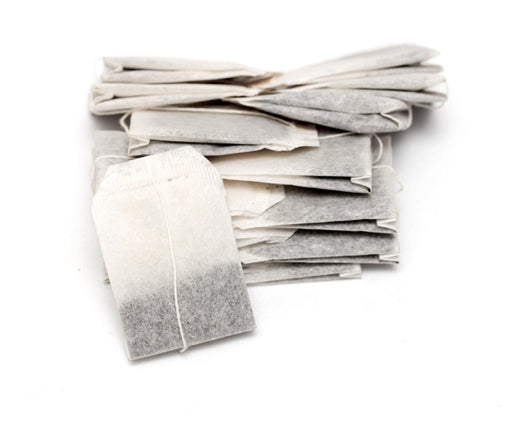Sea Buckthorn Tea Bag
-
Botanical Name: Hippophae rhamnoides
Sea buckthorn is an herb. The leaves, flowers, and fruits are used to make medicine.
Sea buckthorn leaves and flowers are used for treating arthritis, gastrointestinal ulcers, gout, and skin rashes caused by infectious diseases such as measles. A tea containing sea buckthorn leaves is used as a source of vitamins, antioxidants, protein building blocks (amino acids), fatty acids and minerals; for improving blood pressure and lowering cholesterol; preventing and controlling blood vessel diseases; and boosting immunity.
Sea buckthorn berries are used for preventing infections, improving sight, and slowing the aging process.
The seed or berry oil is used as an expectorant for loosening phlegm; for treating asthma, heart disorders including chest pain (angina) and high cholesterol; for preventing blood vessel disease; and as an antioxidant. Sea buckthorn oil is also used for slowing the decline of thinking skills with age; reducing illness due to cancer, as well as limiting the toxicity of chemical cancer treatment (chemotherapy); balancing the immune system; treating stomach and intestinal diseases including ulcers and reflux esophagitis (GERD); treating night blindness and dry eye; and as a supplemental source of vitamins C, A, and E, beta-carotene, minerals, amino acids, and fatty acids.
Some people apply sea buckthorn berries, berry concentrate, and berry or seed oil directly to the skin for preventing sunburn; for treating radiation damage from x-rays and sunburns; for healing wounds including bedsores, burns, and cuts; for acne, dermatitis, dry skin, eczema, skin ulcers, and skin color changes after giving birth; and for protecting mucus membranes.
In foods, sea buckthorn berries are used to make jellies, juices, purees, and sauces.
In manufacturing, sea buckthorn is used in cosmetics and anti-aging products.
Sea buckthorn contains vitamins A, B1, B2, B6, C, and other active ingredients. It might have some activity against stomach and intestinal ulcers, and heartburn symptoms.
-
Botanical Name: Hippophae rhamnoides
• Heart disease
• Liver disease (cirrhosis)
• Common cold
• Dry eyes
• Digestive problems




















































































